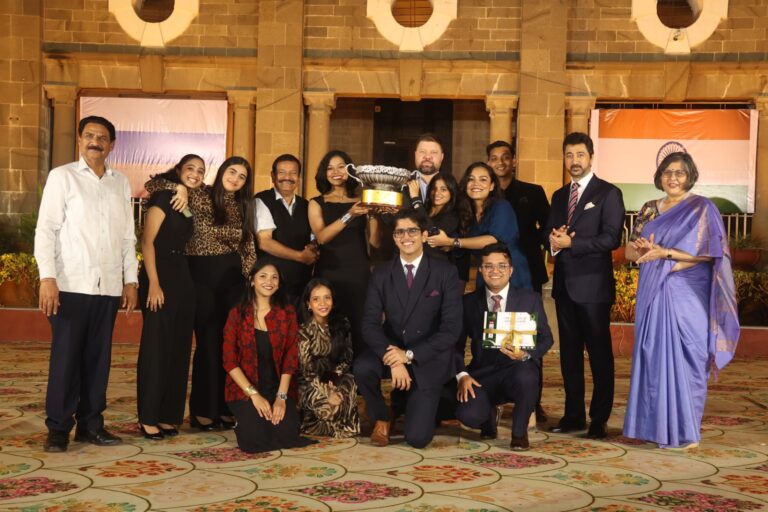
NEET (UG) 2024
The controversy surrounding the NEET (UG) 2024 examination has deepened as the Calcutta High Court delves further into the allegations of irregularities. The petitioner’s claim that candidates could not have achieved such high scores under the established marking system has put the integrity of the examination under scrutiny. With the NTA justifying these scores based on a Supreme Court precedent, the case has gained significant attention in legal circles.
The High Court’s decision to demand an affidavit from the NTA is a pivotal step in unravelling the truth behind the alleged irregularities. By requiring the agency to formally respond to the allegations within a specific timeframe, the Court is ensuring a transparent and thorough investigation into the matter. Additionally, the directive to disclose how reservation policies were implemented in preparing the merit list sheds light on the broader implications of the case.
The Court’s decision to preserve all records related to the NEET (UG) 2024 Examination underscores the seriousness with which it views the allegations. By maintaining these records until further notice, the Court is safeguarding crucial evidence that may be vital in resolving the dispute. Furthermore, the clarification that the counselling process outcome is contingent upon the resolution of the writ petition highlights the potential impact of the case on future proceedings.
In representing the NTA and the Union of India, Deputy Solicitor General of India Dhiraj Kumar Trivedi and advocate Tirtha Pati Acharyya have been tasked with defending the integrity of the examination process. Their arguments and responses will play a significant role in shaping the outcome of the case. Similarly, Advocate Sunit Kumar Roy, representing the other respondent, holds a crucial position in presenting their side of the story.
As the legal battle unfolds, stakeholders within the education sector and beyond are closely monitoring developments in the case. The outcome of this litigation could have far-reaching implications for future examinations and the overall credibility of the testing system. Therefore, both the petitioners and respondents are expected to present compelling arguments and evidence to support their respective positions.
In conclusion, the Calcutta High Court’s intervention in the NEET (UG) 2024 examination controversy signifies a significant step towards ensuring transparency and accountability in the testing process. As the case progresses, all eyes will be on the courtroom to see how the legal battle unfolds and what implications it may have for the future of standardised testing in India.





